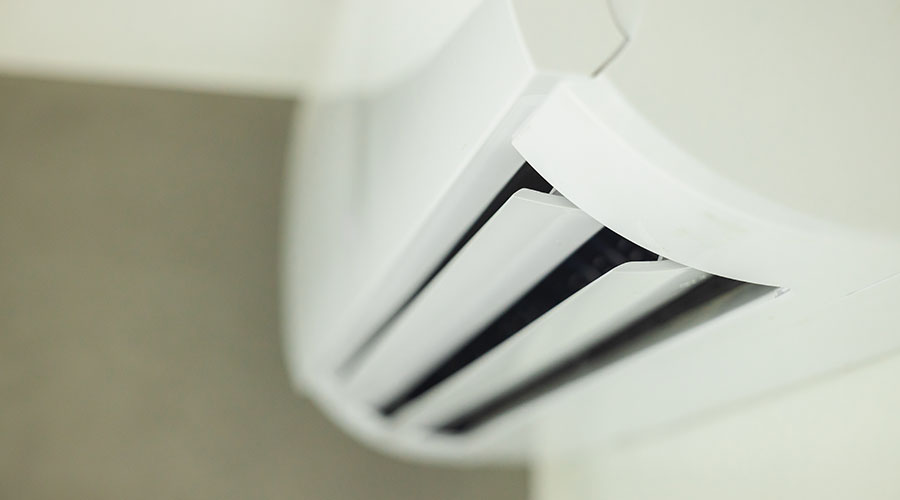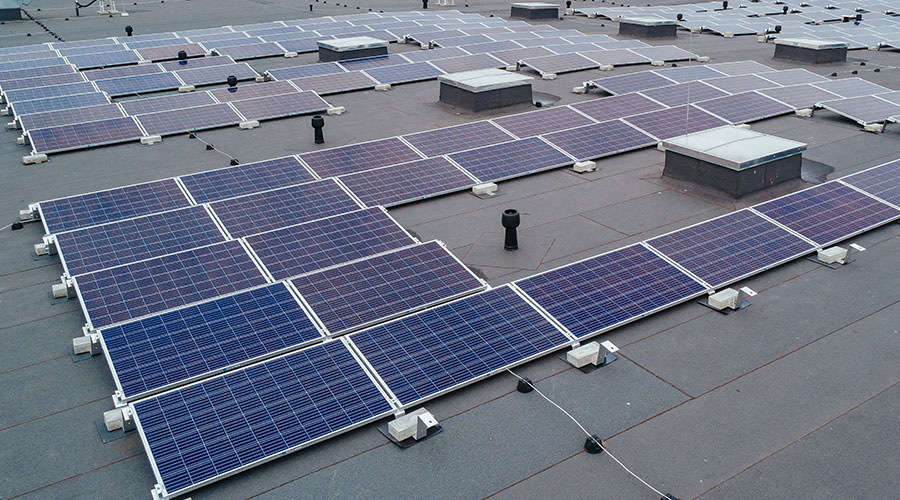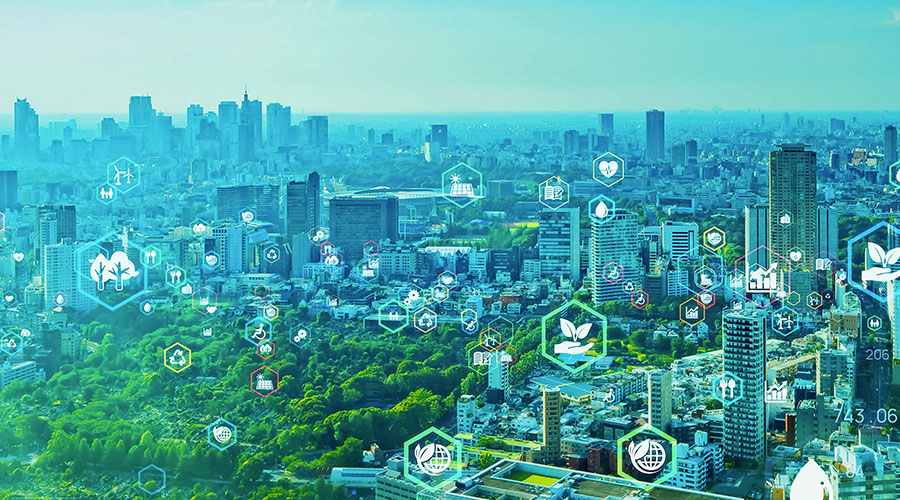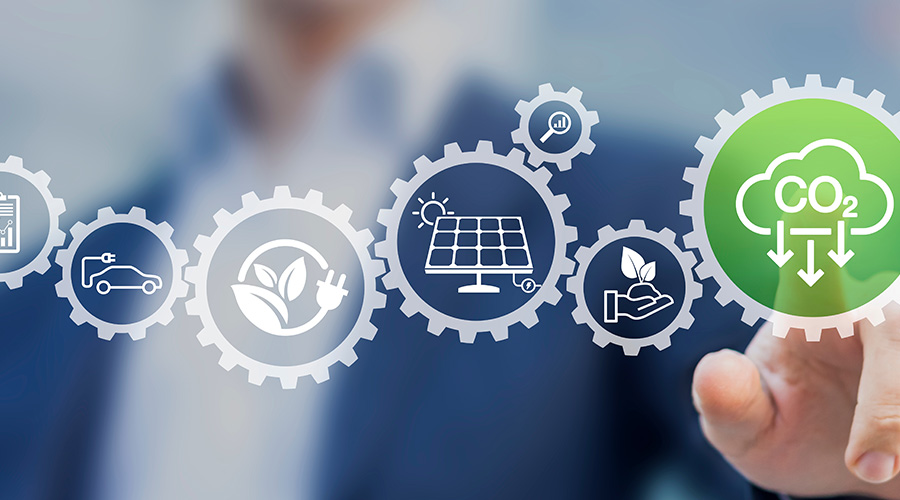New Technology Leads to Increased Energy Efficiency
Technology leads to an increase in energy efficiency and is actually a net saver of energy by a 10:1 ratio across the economy, according to a new study. The American Council for an Energy-Efficient Economy (ACEEE) found a direct correlation between gains in energy productivity and investments in information and communications technology (ICT).
Technology leads to an increase in energy efficiency and is actually a net saver of energy by a 10:1 ratio across the economy, according to a new study. The American Council for an Energy-Efficient Economy (ACEEE) found a direct correlation between gains in energy productivity and investments in information and communications technology (ICT).
The
ACEEE report found that today it takes less than half the energy to produce a dollar of economic output as it did in 1970 and that energy efficiency gains have increased significantly since 1996.
"Whether it is making our buildings smarter, reducing heating and cooling costs, harnessing the power of the sun, virtualization or enabling telecommunications, technology is a driving force in making our country more energy efficient," says Mike Splinter, chair of the Technology CEO Council (TCC), which commissioned the report.
The study found that for every extra kilowatt-hour of electricity that has been demanded by ICT technologies, the U.S. economy increased its overall energy savings by a factor of about 10. Also, the pace of energy efficiency gains has increased significantly since 1996. Whereas U.S. energy intensity declined 1.8 percent per year between 1970 and 1995, it declined at a much more rapid rate of 2.4 percent between 1996 and 2006.
U.S. energy consumption per dollar of economic output has declined from 18 thousand Btus in 1970 to less than 9 thousand Btus by the end of 2008. Through that energy efficiency the nation met approximately 75 percent of its new demand for energy.
In tandem with the ACEEE report, the TCC released its own
report focusing on specific technology initiatives that are making the economy energy efficient.
Among the findings in the TCC study is how virtualization is leading to dramatic energy efficiency. To date, 1.2 million servers have been virtualized, which is equal to saving 8.4 billion kilowatt hours of electricity a year, according to the Gartner Data Center Conference.
Related Topics:











